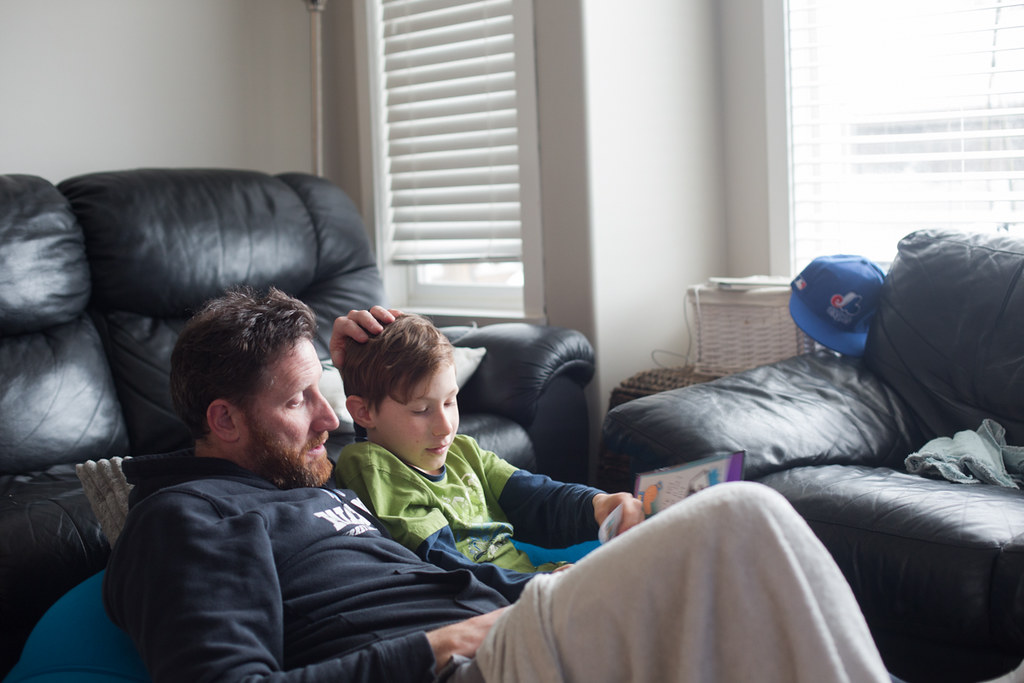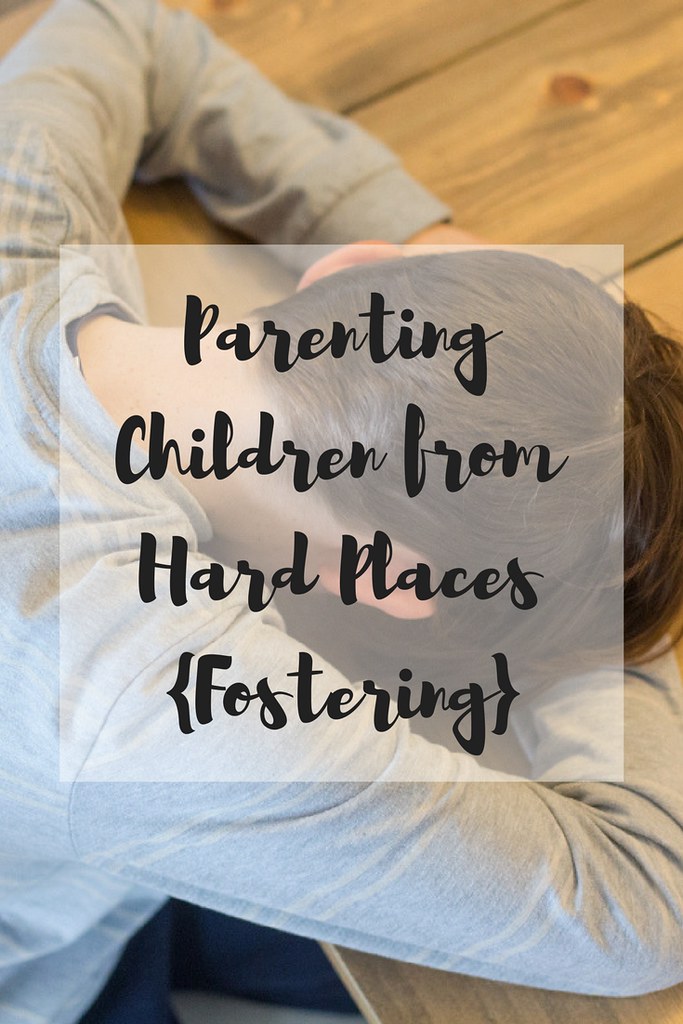What might it look like to help support and nurture a child who has suffered neglect and trauma?
"We are hardwired to connect with others, it's what gives purpose and meaning to our lives, and without it there is suffering."–Brene Brown
Secure attachment is a primary goal.
A secure attachment means that their caregiver is available AND responsive. When this happens a child will seek to be with them especially in times of distress, illness or when they are tired. If a child has not had a secure attachment, it will take a long time full of consistent responsiveness to develop it with a new caregiver. An insecure attachment may look like a baby going with anyone happily – no stranger danger. It may be not wanting to cuddle or face inwards when being held. It may be not reaching out to be picked up. When people say "I'd get too attached" that is perfect. Let it happen for the good of the child. Our little baby was recently sick and finally she reached for me and cuddled forward facing in my lap. Although I felt so bad that she was so sick, I melted over the fact that she knew I would be there for her; I was her safe place.
Time and consistency are needed.
All children need to feel safe, heard and to know that they are precious but when this has not been the case, it takes a long time to get there. The brain getting out of panic mode takes time. You may realize that your home is safe and that there is no way you would hurt your child and that you will always be there for them but they don't know that. It can be exhausting with how long it takes but be patient and it will happen eventually. Depending on their experiences it may just be one month but it could also be years. There is often a lot of going back to how you care for a newborn – extra cuddling and comfort at all hours of the day and night until the know you are there for them.
Control will be exerted.
In a world where they have had little say over their lives, children will try to demonstrate it in the only way they can which is often food or toileting when they are young; Refusing to eat, peeing their pants and overeating or hoarding food are all examples. Make sure you see this defiance as your Little One trying to take some control back in their lives.
There may be sleep issues.
It's normal for kids to be afraid of the dark even when they have grown up in a safe environment. When a child has an upbringing that involved domestic violence or not being responded to at night when afraid, this can make bedtimes difficult and full of anxiety. In one case it took almost six months for our young foster son to go to sleep in his room alone without visibly panicking. It was a beautiful moment when we could finally say "Goodnight, I love you!" and see him laying there in his bed with a smile.
Trust takes time.
Several times our foster children have been afraid of Gary which means it took longer for them to trust him. This isn't because Gary is a scary guy but more so that they likely had a poor relationship with the men in their lives. Another simple example of trust is when you lift a child into the air they normally love it. Without trust and attachment it can be terrifying for these little ones – how can they know they won't be hurt?
It's worth it.
Although some of this may seem overwhelming and you might wish you were a child psychologist, we can only do our best. Routine and consistency with responsiveness and boundaries work over time, you just have to be patient and hopeful. And even if you don't become a foster parent remember that those around you all have a story too; listen without judgment and instead a willingness to learn and love.
For those of you that have done this, is there anything you would add?
Love,
Louise
If you are looking for podcasts on this topic, I highly recommend Empowered to Connect here.
.jpg)


Really well written and good explanations.
ReplyDeleteI have learned a lot about the need to connect in the counselling I am doing with my mom. Lots of issues arise when connection isn't established early on. It isn't always from homes with issues seen to the outsider ( I came from a well off home with access to all the activities in the world, private school etc.) but had a personality that my mom found hard to connect with (too independent).
I so appreciate you spreading this awareness it is important for long term functional relationships.
Thank you so much for sharing this. I appreciate your perspective; it makes a lot of sense and is a good reminder to all parents out there that are just meeting their kids physical needs. I’m glad you are getting counselling and I hope it helps.
Delete